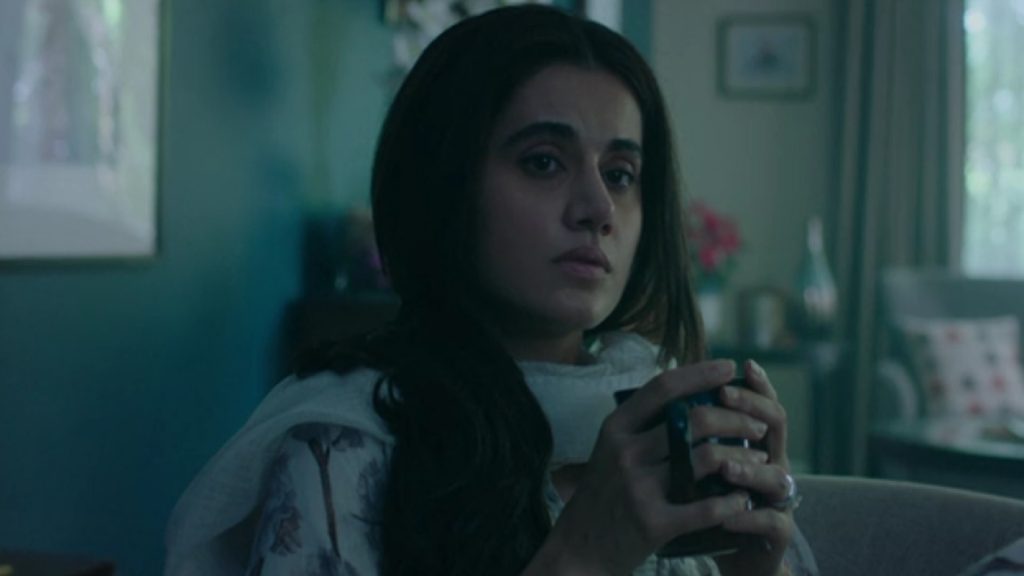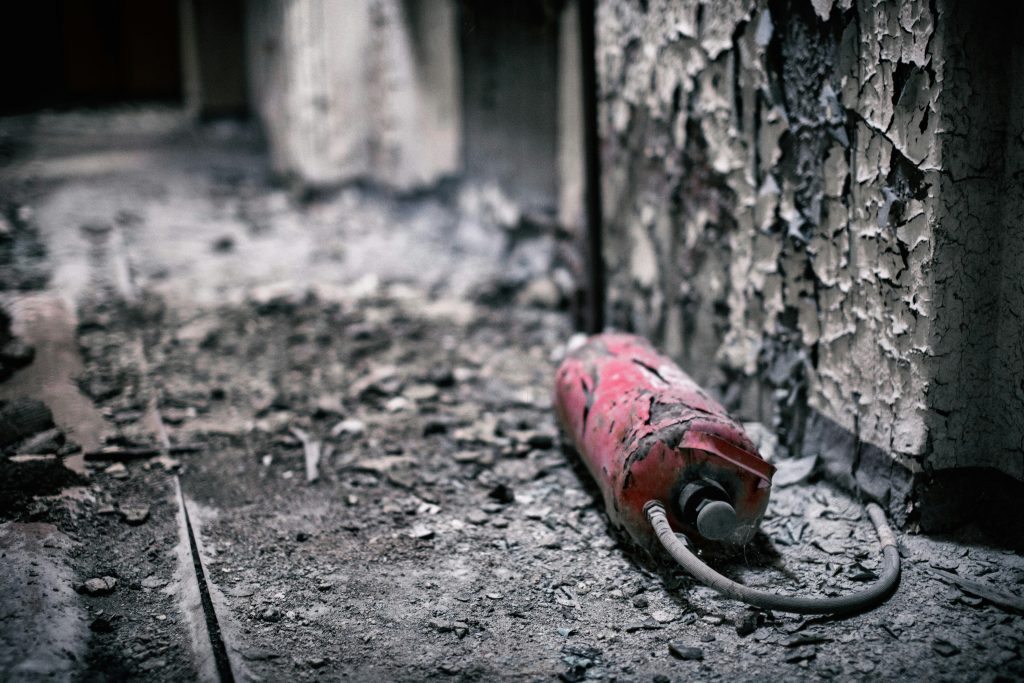
Serein Inclusion Team
3 min read
What we see online often plays a key role in breaking the mould of stereotypes. TV Shows have pushed forth in this domain, be it through the Chess masterpiece in the Queen’s Gambit or the Urdu dramedy in Chudails.
Trust is about confidence in others; psychological safety is about confidence in being yourself. Together, they shape open, resilient teams where people thrive.
Psychological safety is key for an essential workplace. According to Timothy R Clark's work, it is of four types: Inclusion, Learner, Contributer and Challenger safety.
- All
- People and culture
- Domestic violence
- Life at Serein
Women have the right to protection orders, residence, monetary relief & legal aid under India's Domestic Violence Act. Knowing these enables survivors to be safe.
Consent & boundaries are key. Domestic violence shatters both. Rebuilding starts with respecting autonomy & recognising coercive control as a violation of rights.
Domestic violence isn't random anger; it's a calculated cycle of tension, abuse, reconciliation & calm, reinforcing the abuser's power & control over the victim
Evidence in domestic violence cases includes medical reports, photos, threatening messages/emails, witness statements, police records & personal diaries.
'Thappad' review: A powerful lesson in self-respect. It’s not just about violence; it’s about recognizing your worth & choosing yourself when others diminish you.
Mental health isn't a luxury; it's an economic engine. Healthy employees drive productivity, innovation & retention. Investing in wellbeing is investing in organizational success.
Beyond decriminalization: How truly inclusive is India? Workplace policies, societal acceptance & safety remain hurdles. Progress needs active allyship & action.
Great mentoring isn’t accidental. Clear goals, matched pairs, structured check-ins & leadership support are key for impactful programs driving growth & inclusion.
Your career page is the first D&I test. Does it reflect diverse talent? Use inclusive language, imagery & accessibility features to truly welcome all applicants.
Candidates interviewed during lockdown faced unique stress. Proactive, empathetic follow-up builds trust & shows genuine care, enhancing your employer brand.
Policies aren’t neutral. Actively review hiring, promotion, leave & grievance procedures through a rigorous D&I lens to uncover & dismantle hidden biases.
Our backgrounds, challenges & identities profoundly shape career paths. Understanding this fosters empathy & helps build workplaces valuing diverse journeys.
Silence around domestic violence hurts workplaces too. Recognise signs, offer safe support systems & flexible policies to help survivors heal & retain employment.
India’s Domestic Violence Act protects both parties in live-in relationships. Understanding this legal recognition is crucial for safety & seeking rightful recourse.
Cinema often sensationalises domestic violence. Responsible storytelling should highlight realities, survivor strength & pathways to support, not perpetuate myths.
Gaslighting is psychological abuse making victims doubt their reality. Recognise manipulation tactics, trust your instincts & seek support to break free from this.
Women have the right to protection orders, residence, monetary relief & legal aid under India’s Domestic Violence Act. Knowing these enables survivors to be safe.
Consent & boundaries are key. Domestic violence shatters both. Rebuilding starts with respecting autonomy & recognising coercive control as a violation of rights.
A break doesn’t break your career. With patience, purpose, and a little ‘me time,’ a restart can be a reinvention – on your terms, in your time, with confidence.
Career breaks don’t erase capability. With experience, adaptability, and the right support, women returning to work can lead fast, thrive faster and uplift teams too.




















